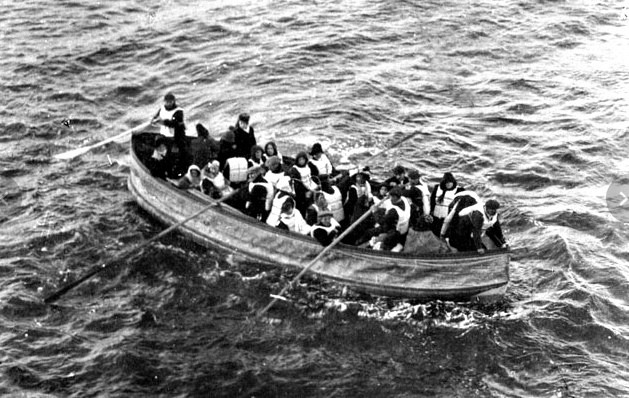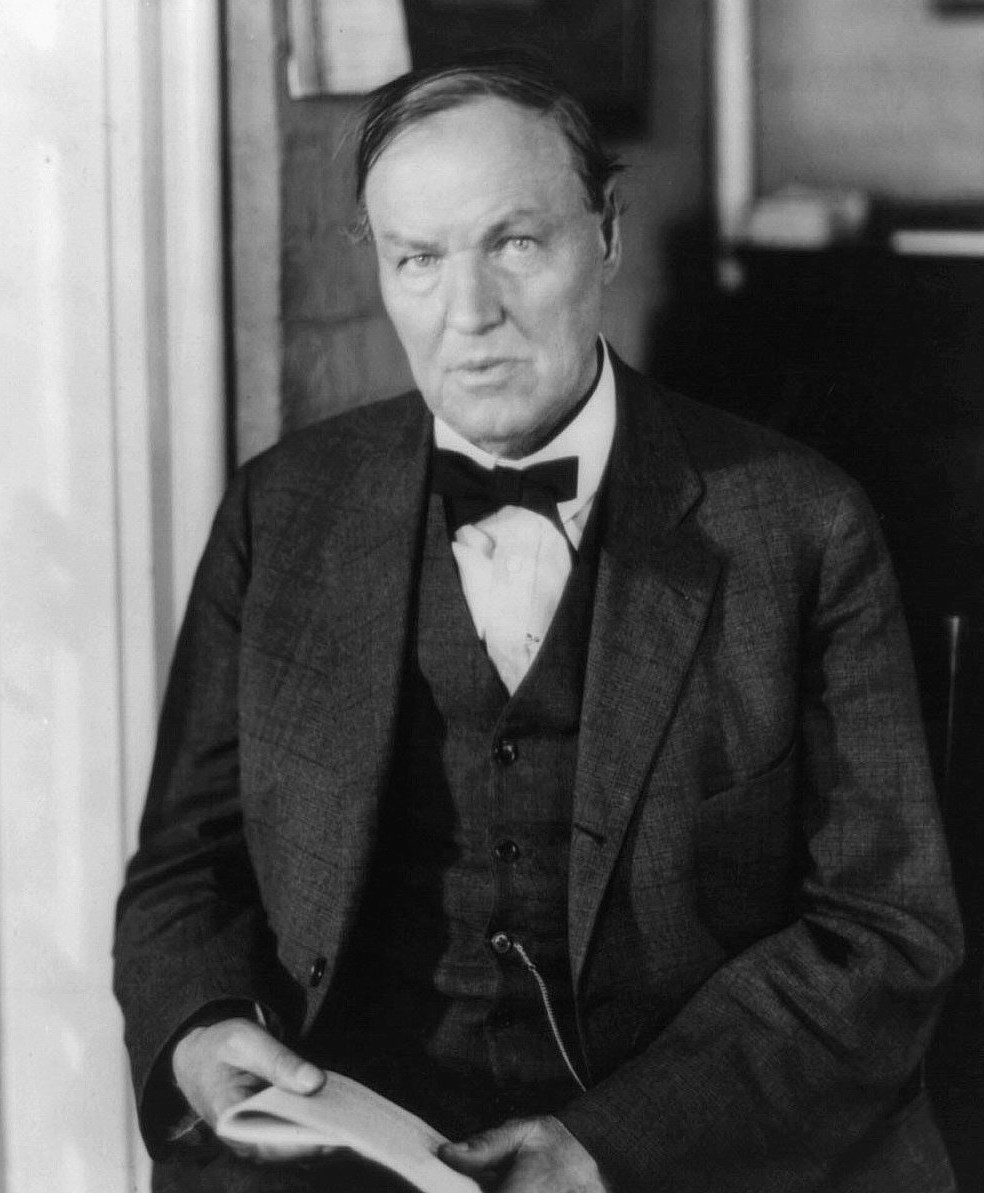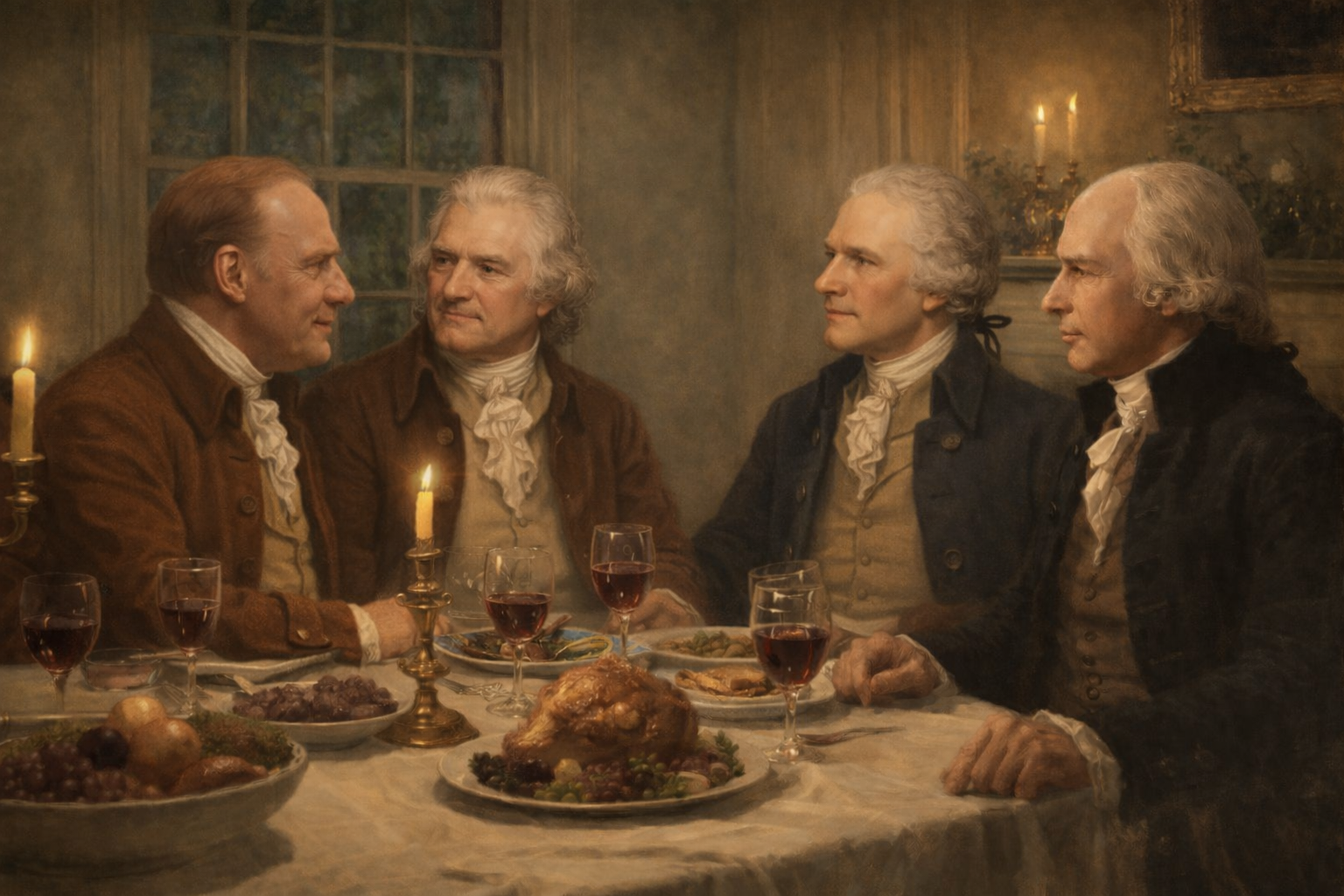You’re on an ocean liner in the middle of the Atlantic when tragedy strikes and you’re ordered to a lifeboat. While women and children are the first priority, you hear from others that lifeboats for the men are being readied on the other side of the boat. Immediately, all the men move to the other side except you and a couple of other male passengers.

A crew member asks, “Are there any ladies on deck?”
Seeing no other women present you respond, “No.”
The crew member tells you, “Then you had better jump.”
Do you enter the lifeboat or remain on deck and attempt to search for any remaining women and/or children?
That was the dilemma facing Lawrence Beesley on the deck of the Titanic in a true story reported by his grandson Nicholas Wade in The New York Times (Apr. 9).
“Notions of male chivalry toward the weaker sex have since been cast aside,” Wade writes, “…But in the Edwardian era it was a moral code with a force stronger than law. When the order was given on the Titanic for families to be separated and for women to board lifeboats first, no man rushed ahead.”
With such a strong moral code, Wade was searching for possible reasons why his grandfather would make such a choice.
“I have since come up with a possible answer, based on many readings of The Loss of the Titanic, a book he wrote within a few weeks of his rescue.”
History tells us that on that fateful night 100 years ago while traveling through a cold dark sea, Titanic grazed an iceberg at 11:40 p.m. causing the ship to sink by 2:20 a.m. carrying more than 1,500 to their death.
Wade writes, “My grandfather was standing on the top starboard deck of the boat with a large group of men when a rumor went around that the men were to be taken off on the port side. Almost everyone moved across the ship. Only he and two others stayed where they were.
“Shortly after, he heard a cry of ‘Any more ladies?’ from a lifeboat swinging level with the deck below. Leaning over the edge of his deck, he looked down at the boat.
“ ‘Any ladies on your deck?’ a crew member asked him.
“ ‘No,’ my grandfather replied.
“ ‘Then you had better jump.’
“My grandfather put his feet over the side of the deck, threw his dressing gown ahead of him, and dropped onto the stern of the lifeboat.
“Why did he decide not to follow the rest of the men over to the port side? Though he owed his life to that decision, the explanation he gives in his book is not entirely satisfying. ‘I can personally think of no decision arising from reasoned thought that induced me to remain rather than to cross over,’ he says.
“As if in recognition that some more positive evidence for his non-decision would be helpful, he adds, ‘I am convinced that what was my salvation was a recognition of the necessity of being quiet and waiting in patience for some opportunity of safety to present itself.’ ”
“The two passages are puzzling,” Wade says, “because in the first he says he made no conscious decision, and in the second he describes one. Isn’t there perhaps something missing here, some consideration that he declines to make explicit?
“He knew the ship was in distress,” Wade reasons, “because it had already launched distress rockets. The drastic separation of families, so that women could be given precedence, gave him grounds to suspect that there were too few lifeboats. And if so, what more hazardous place to be than in a crowd of doomed men? By declining to follow everyone else across the ship, my grandfather improved his odds of escape considerably.”
While it is easy to cast blame on Beesley for not attempting to search for other women or children, the boat was in the process of being launched and he had received the go-ahead from a crew member. However, we may never know all the details of such a story. It’s easy for the mind to black out the details we don’t want to remember.
None of us truly knows how we might respond in a moment of crisis. While character often reveals the hero within, making an instantaneous decision in favor of personal survival can be very compelling.
With a partially filled lifeboat dangling over the side of a sinking ship, ready to depart and a crew member offering you the choice to climb in, what would you do?
Comments











